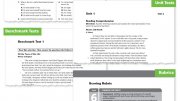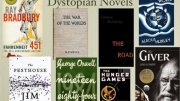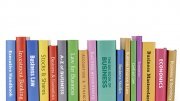 Author: I. Abbasi A.
Author: I. Abbasi A.
•12:12 PM
Literary works in sixteenth-century England were rarely if ever created in isolation from other currents in the social and cultural world. The boundaries that divided the texts we now regard as aesthetic from other texts were porous and constantly shifting. It is perfectly acceptable, of course, for the purposes of reading to redraw these boundaries more decisively, treating Renaissance texts as if they were islands of the autonomous literary imagination. One of the greatest writers of the period, Sir Philip Sidney, defended poetry in just such terms; the poet, Sidney writes in The Defence of Poetry (NAEL 8, 1.953–74), is not constrained by nature or history but freely ranges "only within the zodiac of his own wit." But Sidney knew well, and from painful personal experience, how much this vision of golden autonomy was contracted by the pressures, perils, and longings of the brazen world. And only a few pages after he imagines the poet orbiting entirely within the constellations of his own intellect, he advances a very different vision, one in which the poet's words not only imitate reality but also actively change it.
We have no way of knowing to what extent, if at all, this dream of literary power was ever realized in the world. We do know that many sixteenth-century artists, such as Christopher Marlowe, Edmund Spenser, and William Shakespeare, brooded on the magical, transforming power of art. This power could be associated with civility and virtue, as Sidney claims, but it could also have the demonic qualities manifested by the "pleasing words" of Spenser's enchanter, Archimago (NAEL 8, 1.714–902), or by the incantations of Marlowe's Doctor Faustus (NAEL 8, 1.1022–1057). It is significant that Marlowe's great play was written at a time in which the possibility of sorcery was not merely a theatrical fantasy but a widely shared fear, a fear upon which the state could act — as the case of Doctor Fian vividly shows — with horrendous ferocity. Marlowe was himself the object of suspicion and hostility, as indicated by the strange report filed by a secret agent, Richard Baines, professing to list Marlowe's wildly heretical opinions, and by the gleeful (and factually inaccurate) report by the Puritan Thomas Beard of Marlowe's death.
![[Click on image to enlarge]](/img/click_on_image_to_enlarge.jpg)
![[Click on image to enlarge]](/img/click_on_image_to_enlarge_1.jpg)
Source: litepedia.blogspot.com
You might also like:
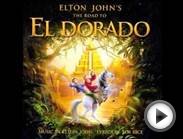

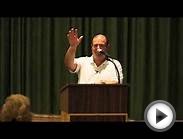
Related posts:
